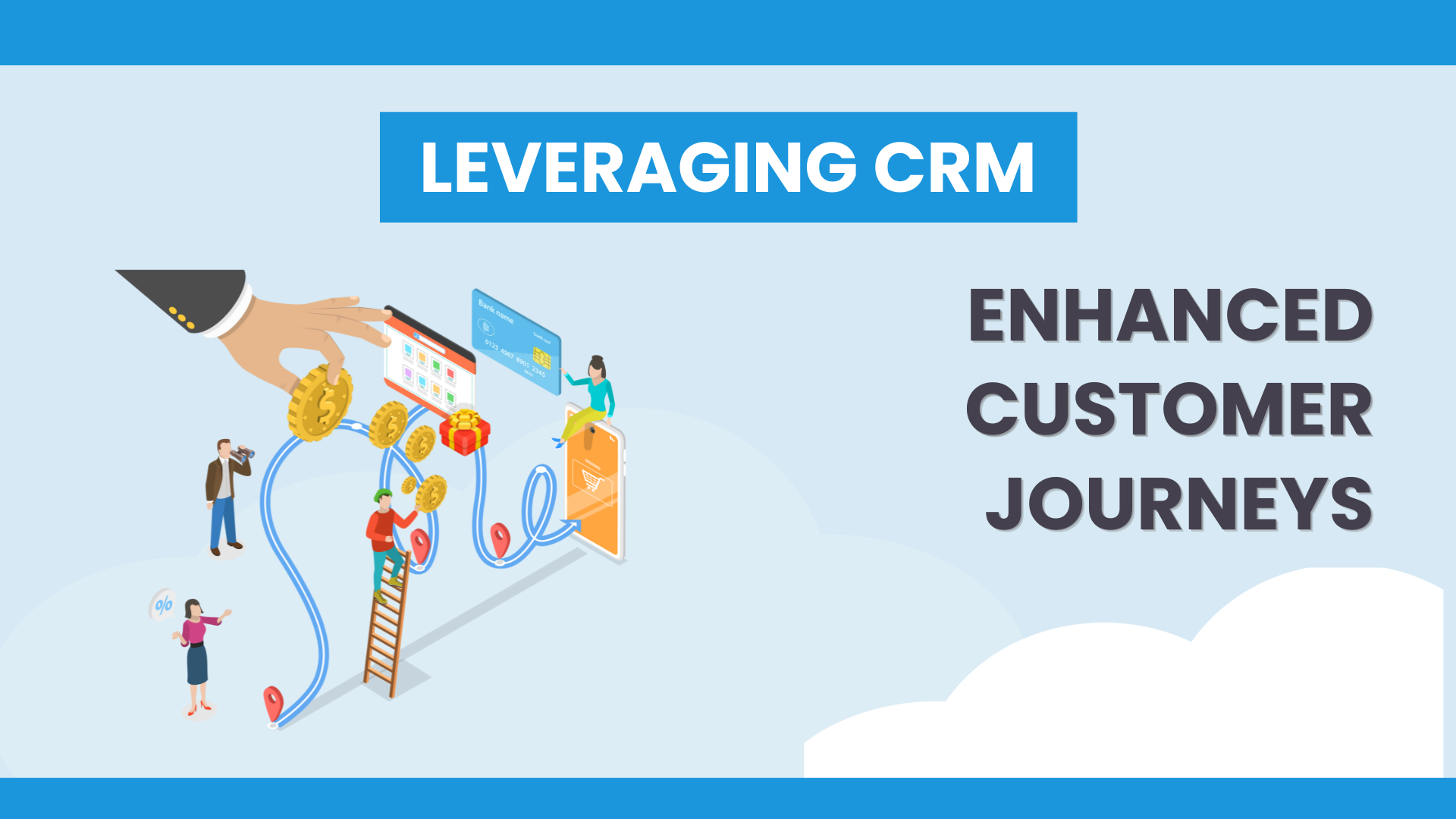The apparel and fashion industry has undergone significant transformations over the years, driven by changing consumer preferences, technological advancements, and shifting market trends. In today’s digital age, customers expect personalized experiences, seamless interactions, and high-quality products that cater to their unique needs and preferences. To stay ahead of the competition, fashion brands and retailers must adopt innovative strategies that prioritize customer-centricity, flexibility, and operational efficiency.

One crucial tool that can help apparel and fashion businesses achieve these objectives is Customer Relationship Management (CRM) software. By integrating CRM technology, companies can streamline their customer interactions, analyze consumer behavior, and develop targeted marketing campaigns that foster loyalty and drive sales.
What is CRM Software?
CRM software is a suite of tools designed to manage and analyze customer interactions across various touchpoints, including social media, email, phone, and in-store experiences. By centralizing customer data and interactions, CRM systems enable businesses to:
- Track customer behavior: Monitor purchasing history, browsing patterns, and engagement metrics to understand consumer preferences.
- Personalize experiences: Offer tailored recommendations, discounts, and content that cater to individual customer needs.
- Enhance customer service: Provide multichannel support, resolve issues efficiently, and ensure seamless communication.
- Analyze performance: Evaluate sales, marketing, and customer service metrics to optimize business strategies.
Benefits of CRM Software for Apparel and Fashion
The implementation of CRM software can have a profound impact on the apparel and fashion industry, yielding numerous benefits, including:
- Improved customer insights: Gain a deeper understanding of consumer behavior, preferences, and pain points to inform design, production, and marketing decisions.
- Enhanced customer engagement: Develop targeted campaigns, offer personalized promotions, and foster loyalty through rewards programs and exclusive content.
- Increased operational efficiency: Automate routine tasks, streamline inventory management, and optimize supply chain processes to reduce costs and improve productivity.
- Better sales performance: Equip sales teams with real-time customer data, enable data-driven decision-making, and provide actionable insights to drive revenue growth.
- Competitive advantage: Differentiate your brand through exceptional customer experiences, innovative marketing strategies, and a customer-centric approach.
Key Features of Fashion CRM Software
When selecting a CRM solution for your apparel or fashion business, consider the following essential features:
- Omnichannel integration: Ensure seamless interactions across social media, email, phone, and in-store channels.
- Customer profiling: Create detailed customer profiles, including purchase history, browsing behavior, and demographic data.
- Personalization tools: Offer tailored recommendations, content, and promotions based on customer preferences and behavior.
- Marketing automation: Automate routine marketing tasks, such as email campaigns, social media posting, and lead nurturing.
- Sales force automation: Equip sales teams with real-time customer data, sales analytics, and performance tracking.
- Inventory management: Integrate inventory management systems to optimize stock levels, track orders, and prevent overstocking or understocking.
- Analytics and reporting: Provide actionable insights and metrics to evaluate sales, marketing, and customer service performance.
Implementation and Integration
To ensure a successful CRM implementation, follow these best practices:
- Define business objectives: Align CRM goals with overall business strategy and key performance indicators (KPIs).
- Choose the right vendor: Select a reputable CRM provider with experience in the apparel and fashion industry.
- Configure and customize: Tailor the CRM system to your business needs, integrating existing systems and processes.
- Train employees: Educate staff on CRM functionality, best practices, and data-driven decision-making.
- Monitor and evaluate: Continuously assess CRM performance, gathering feedback from customers and employees to refine the system.
FAQs
- What is the cost of implementing CRM software?
The cost of CRM software varies depending on the vendor, features, and scope of implementation. Expect to invest in licensing fees, customization, and training. - How long does it take to implement CRM software?
Implementation timelines range from a few weeks to several months, depending on the complexity of the project and the vendor’s expertise. - What are the key benefits of CRM software for apparel and fashion businesses?
CRM software helps apparel and fashion businesses improve customer insights, enhance customer engagement, increase operational efficiency, and drive sales performance. - Can CRM software be integrated with existing systems?
Yes, most CRM solutions offer integration capabilities with existing systems, such as ERP, inventory management, and e-commerce platforms. - How can CRM software help with inventory management?
CRM software can help optimize inventory levels, track orders, and prevent overstocking or understocking by integrating with inventory management systems.
Conclusion
In the competitive apparel and fashion industry, CRM software has become an essential tool for building strong customer relationships, driving sales growth, and staying ahead of the competition. By implementing a CRM solution, fashion brands and retailers can gain valuable customer insights, enhance customer experiences, and optimize operational efficiency. With its numerous benefits, including improved customer engagement, increased sales performance, and better inventory management, CRM software is a vital investment for any apparel or fashion business seeking to thrive in today’s digital landscape. As the industry continues to evolve, embracing CRM technology will be crucial for companies looking to stay relevant, innovative, and customer-centric.
Closure
Thus, we hope this article has provided valuable insights into The Evolution of Apparel and Fashion: Leveraging CRM Software for Enhanced Customer Experience. We thank you for taking the time to read this article. See you in our next article!

